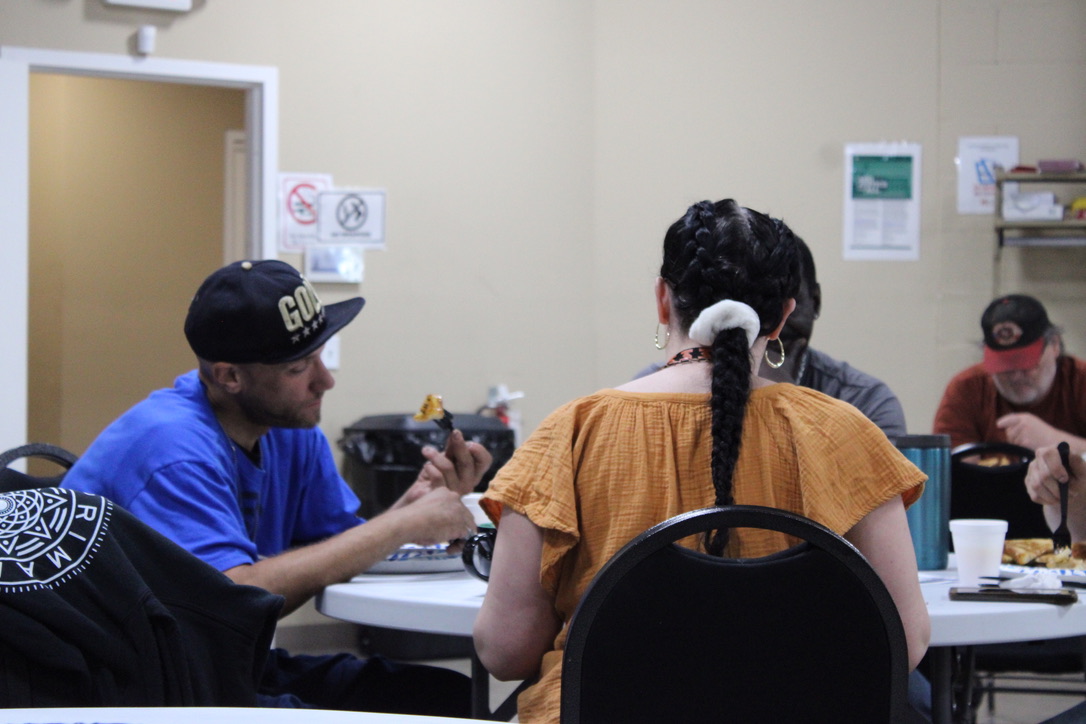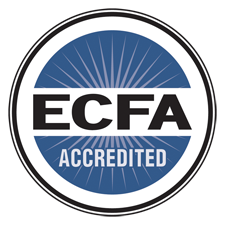
01 Nov NEPA’s forgotten voters: people experiencing homelessness
Contributed by: Stephen Mocarsky, Citizen’s Voice
Homeless individuals are a relatively miniscule segment of Northeastern Pennsylvania’s population, but their votes will still count in the Nov. 5 election, and many are reportedly enthusiastic about casting a ballot.
“It’s just a basic human right. And I think they like to be reminded, too, that they are human, they are American citizens, and they want to do their due diligence here,” Jillian Mirro, communications and marketing manager for Keystone Mission, said.
“Just because they don’t have a home right now, just because their current situation is what it is, does not mean that they don’t want to still give back to the community and serve America in the way of voting,” Mirro said.
Some guests at Keystone Mission’s shelters are “very interested in the (political) rallies that come down here,” as well, Mirro said.
Officials struggle to determine an accurate count of homeless people, let alone how many of them vote.
Mirro said Keystone sees anywhere from 50 to 70 unique individuals a day at either their Scranton or Wilkes-Barre innovation centers.
“In September 2024, we saw 265 unique individuals coming for services in Scranton and 238 unique individuals coming for services in Wilkes-Barre,” Mirro said.
The three shelters Catholic Social Services runs for the Diocese of Scranton — St. Anthony’s Haven in Scranton, Mother Teresa’s Haven in Wilkes-Barre and Divine Providence Emergency Shelter in Hazleton — had a total of 130 unique individuals stay overnight in September, said Harry Lyons, program supervisor for the Scranton and Wilkes-Barre shelters.
But, in a presidential race where the major party candidates are currently running neck and neck according to many polls, even a few hundred votes from two or three swing state counties could influence the outcome of the election.
And to be certain, homeless Americans do cast ballots.
Obstacles to voting
Mirro said a few guests at Keystone’s shelters in Wilkes-Barre and Scranton have asked for help with registering to vote this year.
Without a permanent address — and sometimes identifying documentation — homeless individuals face more challenges than most people in order to cast a ballot, she said.
In order to register to vote, applicants must provide their Pennsylvania Department of Transportation driver’s license or ID card number on their voter registration application. Those without a PennDOT number can provide the last four digits of their Social Security number, Matt Heckel, press secretary for the Pennsylvania Department of State, said.
All applicants’ eligibility to vote ultimately will be determined by their county board of elections, Heckel said.
Luzerne County Election Bureau officials did not respond to two emails requesting more specifics on voter registration for people experiencing homelessness.
While most people can easily register to vote online, homeless individuals not staying at a shelter are required to obtain or print out an application and draw a map on it indicating where they spend most of their time and then return the application to the county election bureau.
Assistance with obtaining documentation is one of the many services Keystone provides. Volunteers of America provides help obtaining such documents to CSS shelter residents who need them, Lyons said.
Keystone also allows any homeless person to have their mail sent to a shelter.
“So, when it comes to getting a mail-in ballot, that’s not an issue,” Mirro said.
The three shelters run by Catholic Social services does not offer that accommodation, said Mike Kendra, CSS housing director.
While residents can list a shelter as their address, Kendra said, officials prefer that homeless residents use a post office box to receive their mail for security reasons.
Voting interest varies
Jeanette Triano, executive director of Servants to All / My Father’s House, said voter registration is not something on her radar at the homeless shelter in Pottsville, the Schuylkill County seat.
“No one has asked us for assistance because they couldn’t vote,” Triano said.
She doesn’t consider that surprising because she attributes the surge of new people experiencing homelessness she’s seen this year to people being evicted from their homes because of increasing rents and utility bills.
Most of those people already have a voter registration card or an identifying document necessary to register.
Others, such as victims of domestic violence or people with criminal warrants, “want to stay off the grid,” she said, and voter registration information is public record.
More assistance
Mirro said election canvassers have reached out to Keystone Mission, offering to help guests register to vote.
The innovation center shelters in Wilkes-Barre and Scranton allow the use of computers and printers for voter registration and other needs, and canvassers often bring laptops with them to aid in the process.
“The organizations that did come in … they actually hired maybe one or two of the guests to go out and do door knocking,” Mirro said.
Lyons said no canvassers came to CSS shelters this election cycle as they have in the past, although some dropped off pamphlets at the Scranton facility before the May primary.
Transportation issues can be another impediment to voting, Lyons and Mirro agreed.
“We would help them to get to where they need to go to cast a ballot,” Mirro said, noting that Keystone provides bus passes for job interviews and medical and mental health appointments. “So, (voting) would fall under a guest needing a one-day pass to get where they needed to go, and we would supply that.”
Lyons said CSS only obtains bus passes through donations and sometimes doesn’t have any available.
Easier here than elsewhere
While registering to vote or casting a ballot can present some challenges to homeless Pennsylvanians, there are not as many as in some other states.
Civil rights groups filed suit in federal court in Atlanta in September, arguing that a state law passed earlier this year unfairly discriminates against homeless people and voters registered at nonresidential addresses. Those opposing the law argue that college dormitories, senior and nursing facilities and homeless shelters may be zoned as nonresidential, saying there’s no basis in state or federal law for challenging a voter solely because they provided a nonresidential address.
One section of the law mandates that homeless people use their county’s election office to receive election-related mail. That could, in some cases, mean long journeys for people to retrieve mail including absentee ballots and challenges to their eligibility.
The lawsuit says the law is unfair because all other Georgia voters can receive mail at their address of choice, even if it’s not where they reside.
Mirro reiterated that U.S. citizens experiencing homelessness are “dealing with circumstances that have led them to this point in time,” but they still want to have a voice in their government.
“We try to be their voice,” Mirro said. “But, when we can’t, like in this instance, we encourage them to use their voice to advocate for themselves and to be a part of the change that happens, not only in our community, but in the country.”







Sorry, the comment form is closed at this time.